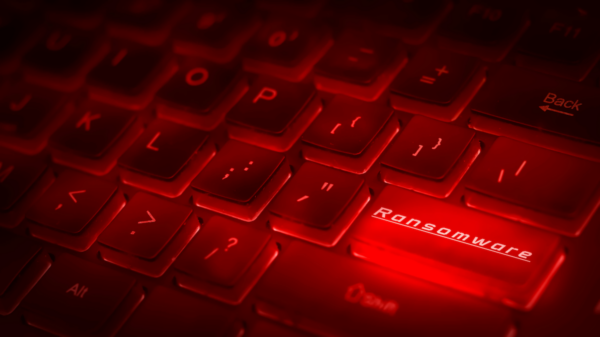In response to a cybercrime group’s claims, home security firm Ring says it has no evidence that it has fallen victim to a ransomware attack.
Founded in 2013 and acquired by Amazon in 2018, Ring started with a smart doorbell and later expanded its portfolio with an alarm system and other smart home security products.
On Monday, the cybergang behind the Alphv ransomware added an entry to their leaks site claiming they breached Ring and threatening to release data supposedly stolen from the company.
The entry does not provide details on the amount or type of data that might have been compromised.
“There’s always an option to let us leak your data,” the entry reads.
Responding to a SecurityWeek inquiry, Ring denied falling victim to a ransomware attack.
“We currently have no indications that Ring has experienced a ransomware event,” Ring said.
Also tracked as BlackCat and Noberus and written in the Rust programming language, the Alphv ransomware family was first seen in November 2021, but its operators are likely linked to the previously known cybercrime ring behind the Darkside/Blackmatter ransomware.
Operating under the ransomware-as-a-service (RaaS) business model, the group typically harvests and exfiltrates data from the infected systems, and then uses it to pressure victims into paying a ransom.
In July 2022, shortly after creating a dedicated leak site to pressure one of their victims, the group created a searchable database so that employees and customers of victim organizations could search for their potentially compromised data.
In some cases, the group was also seen launching distributed denial-of-service (DDoS) attacks against victims, and harassing their customers, employees, and partners, to further pressure them into paying up. The Alphv ransomware operators have breached over 100 organizations to date.
Related: Ransomware Operator Abuses Anti-Cheat Driver to Disable Antiviruses
Related: Watch Sessions: Ransomware Resilience & Recovery Summit
Related: Ransomware Operators Leak Data Allegedly Stolen From City of Oakland

















